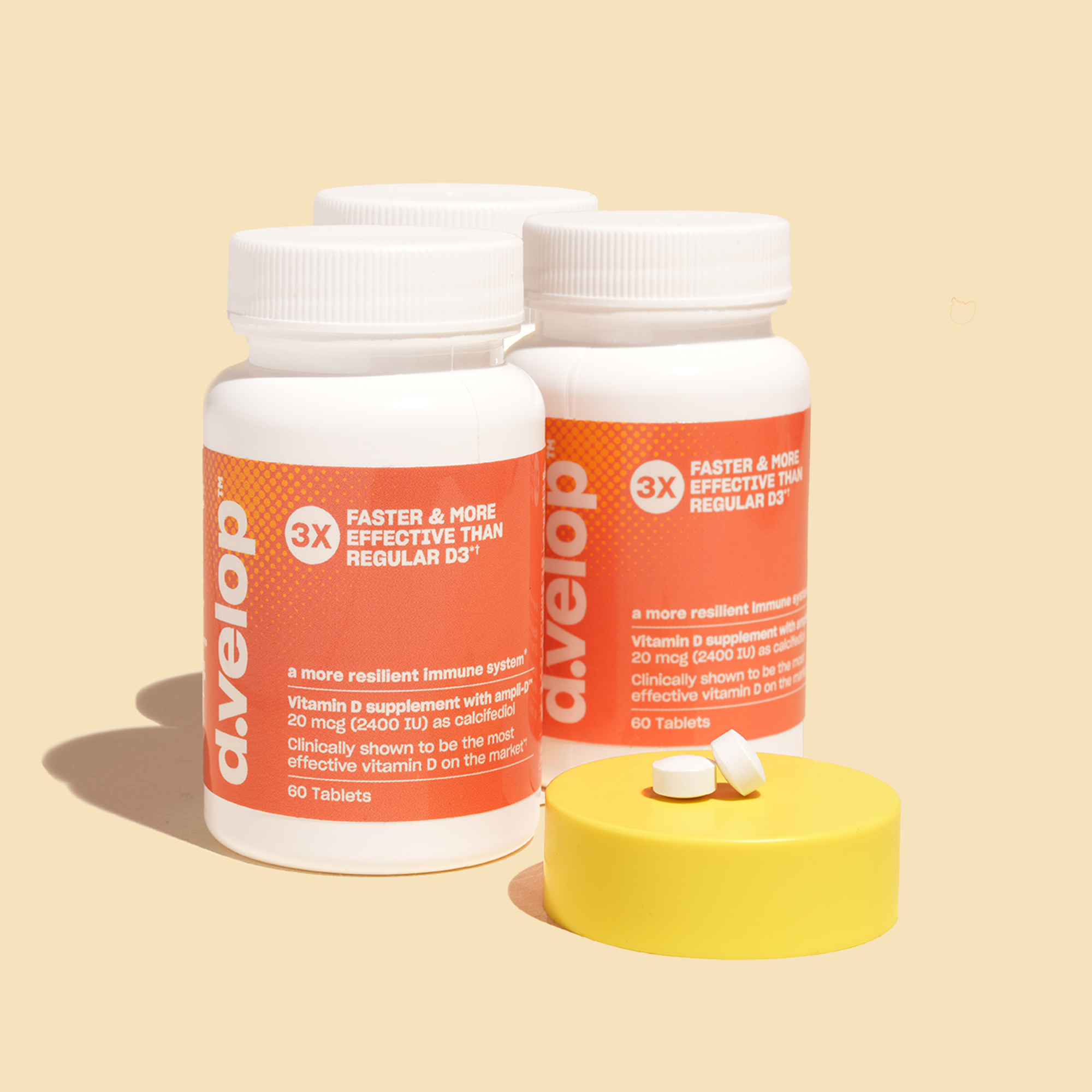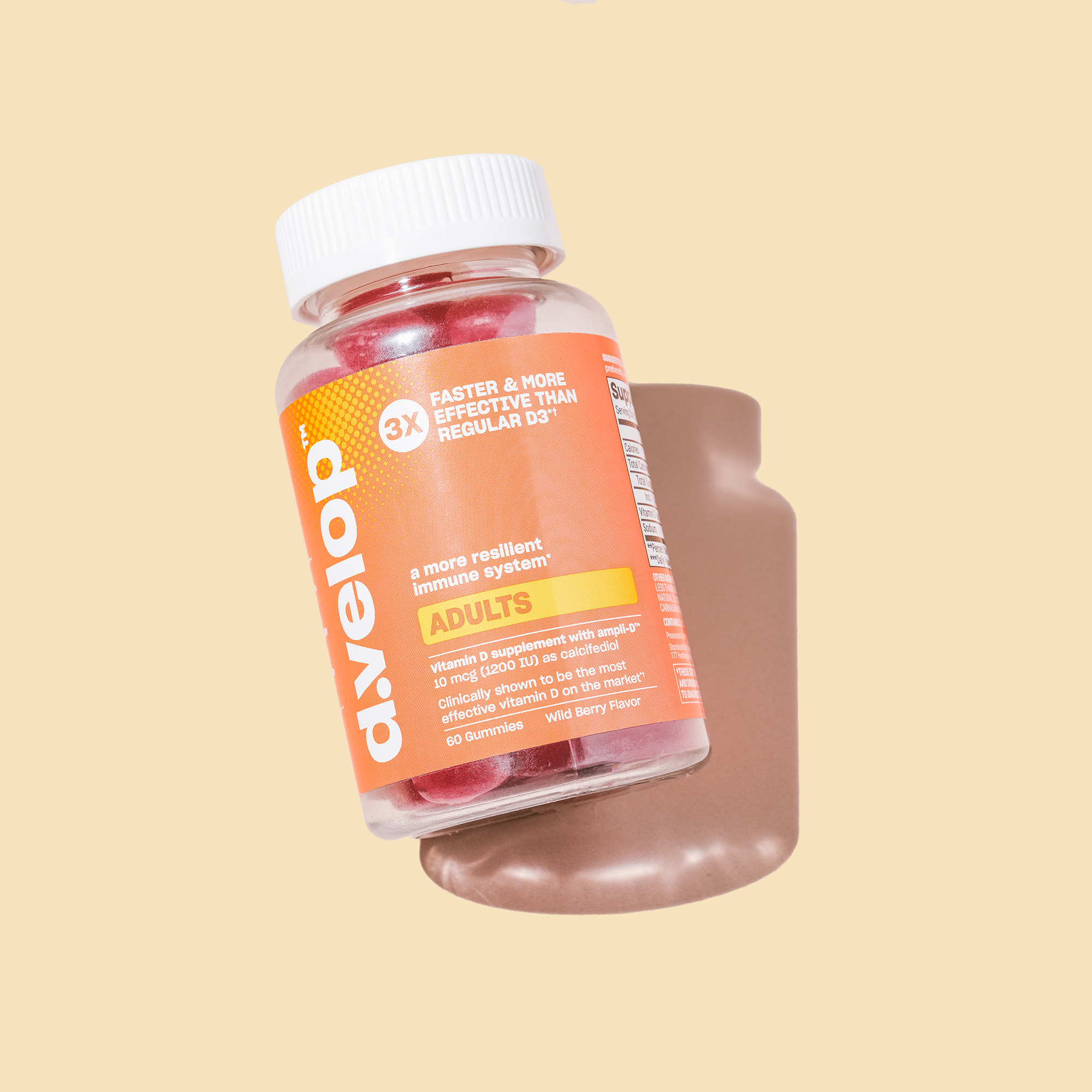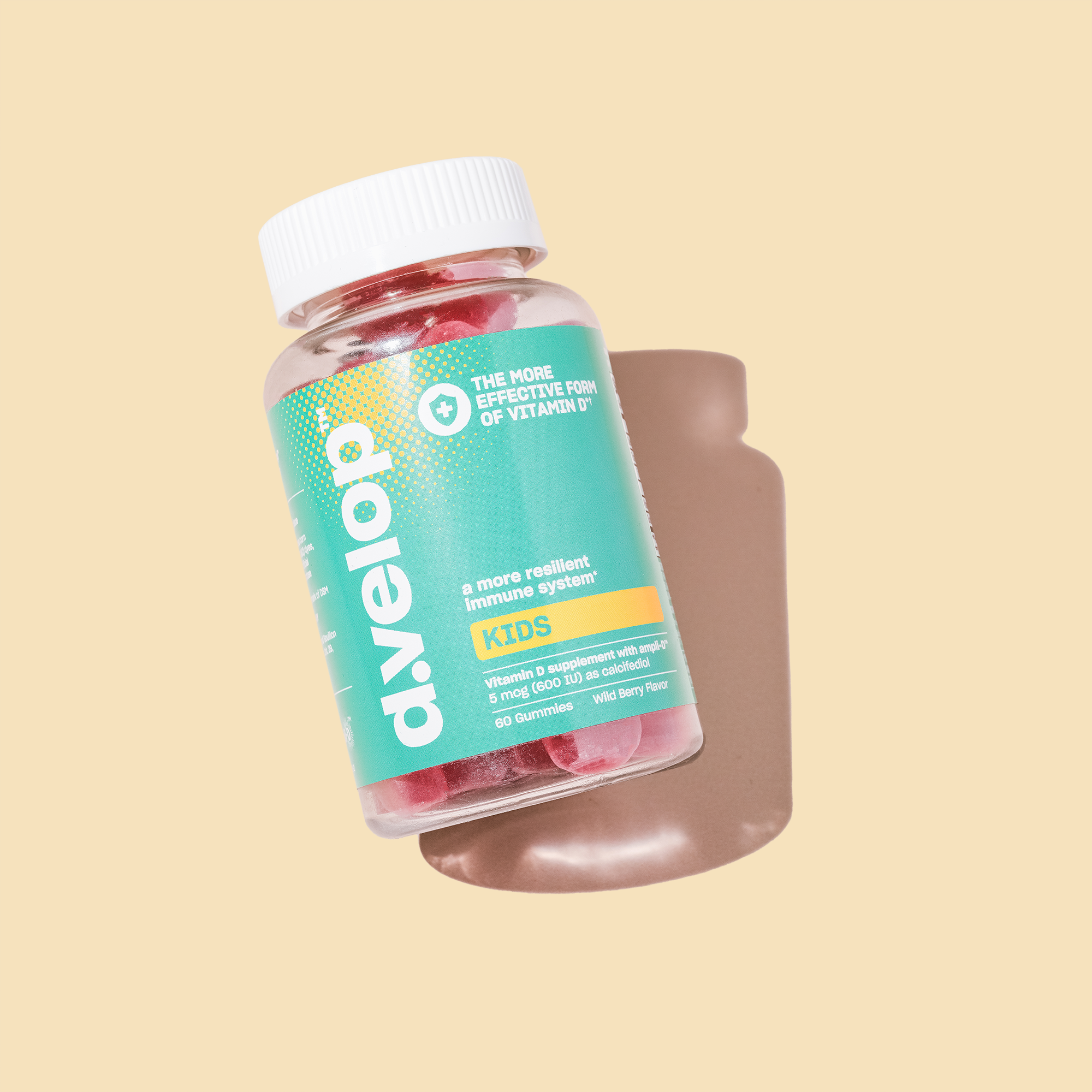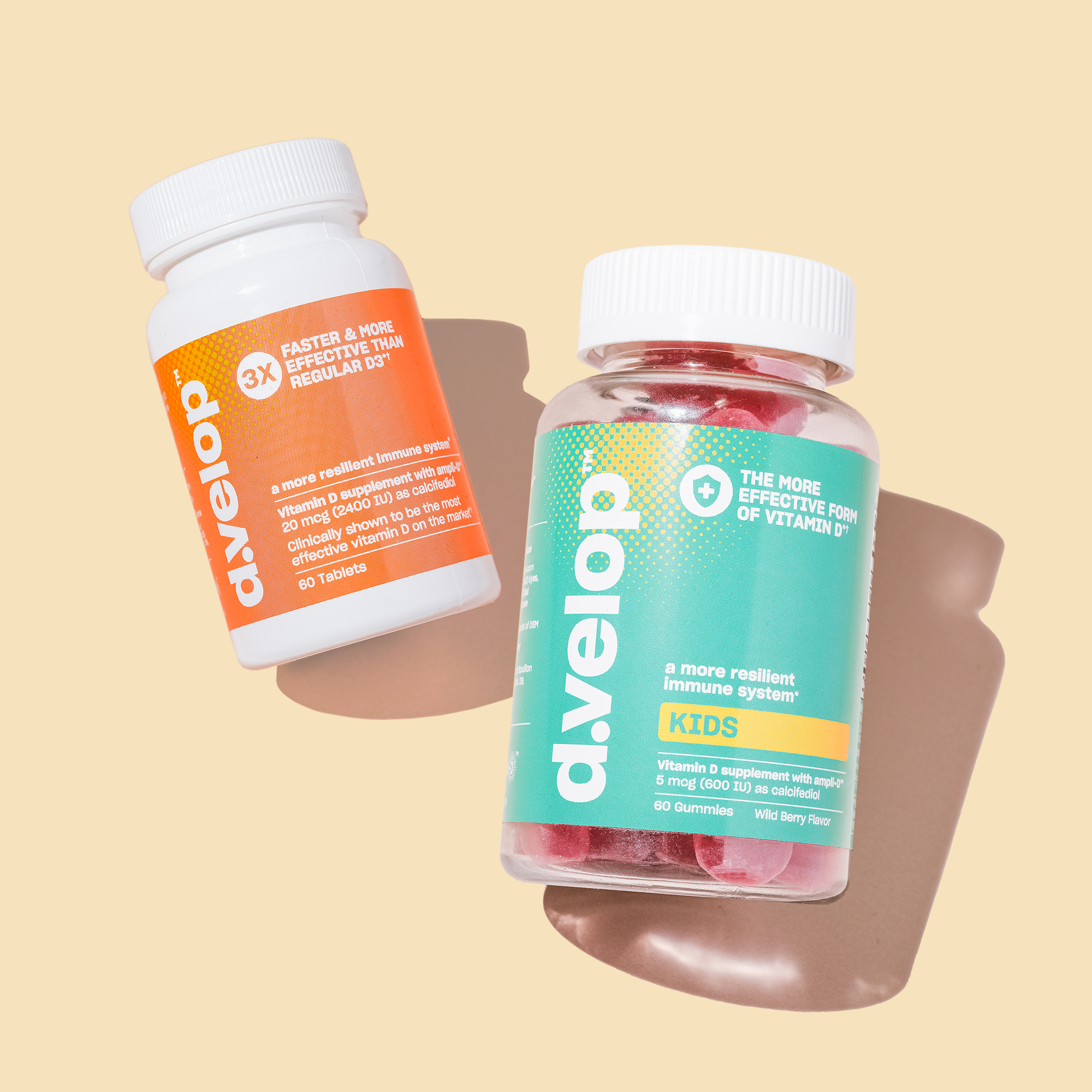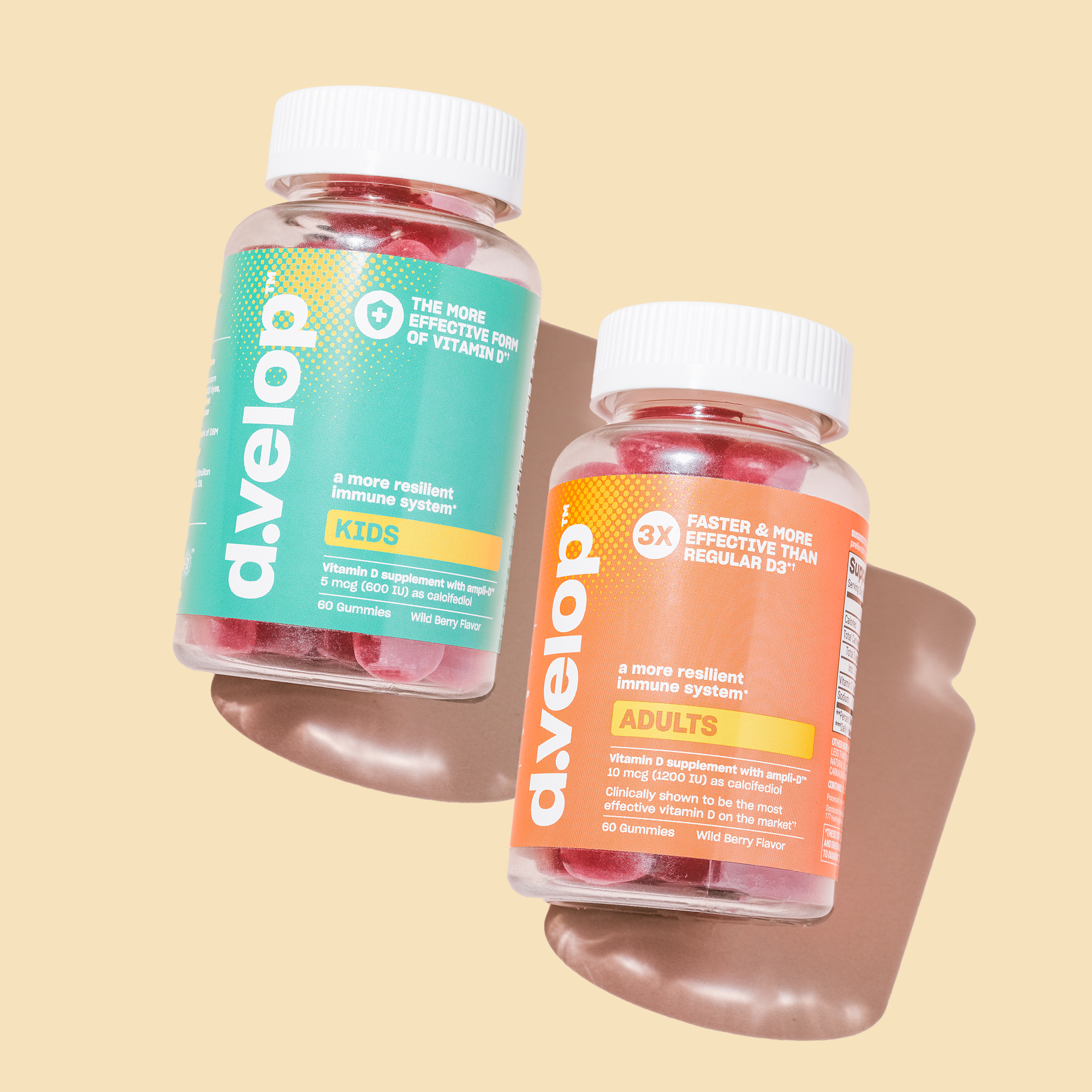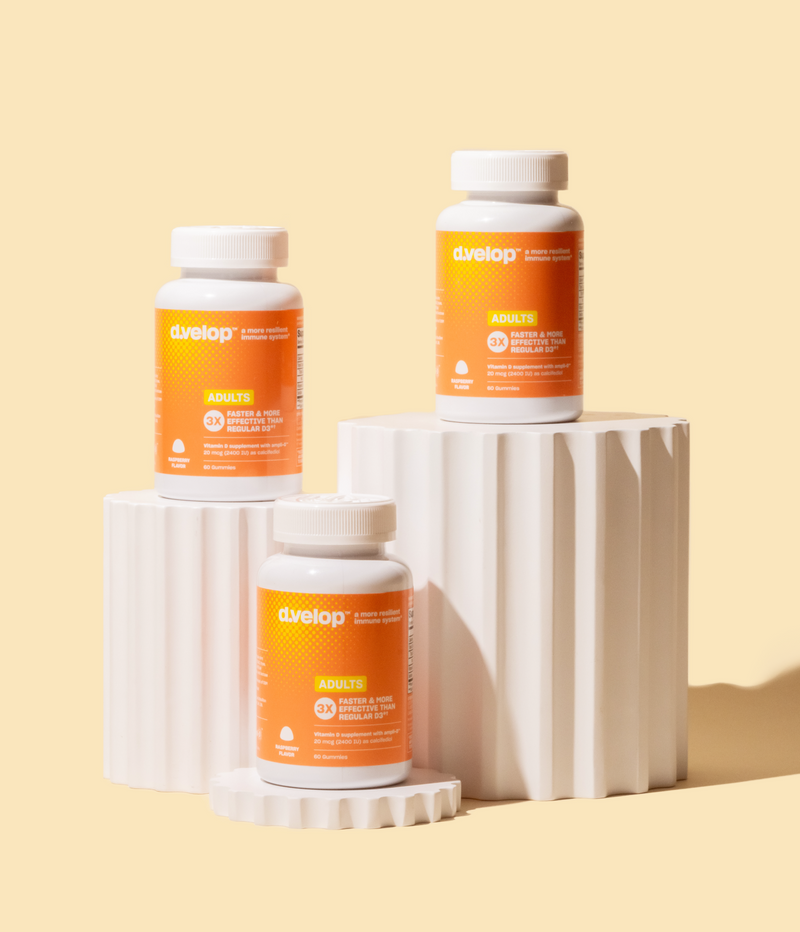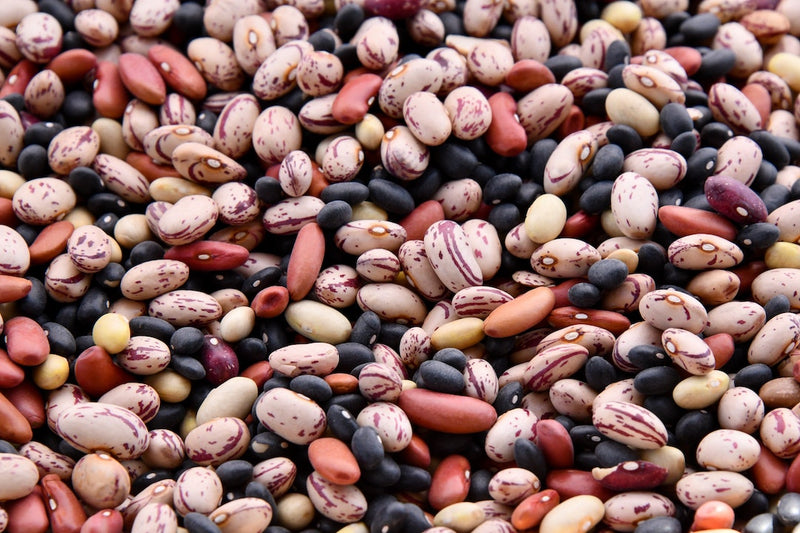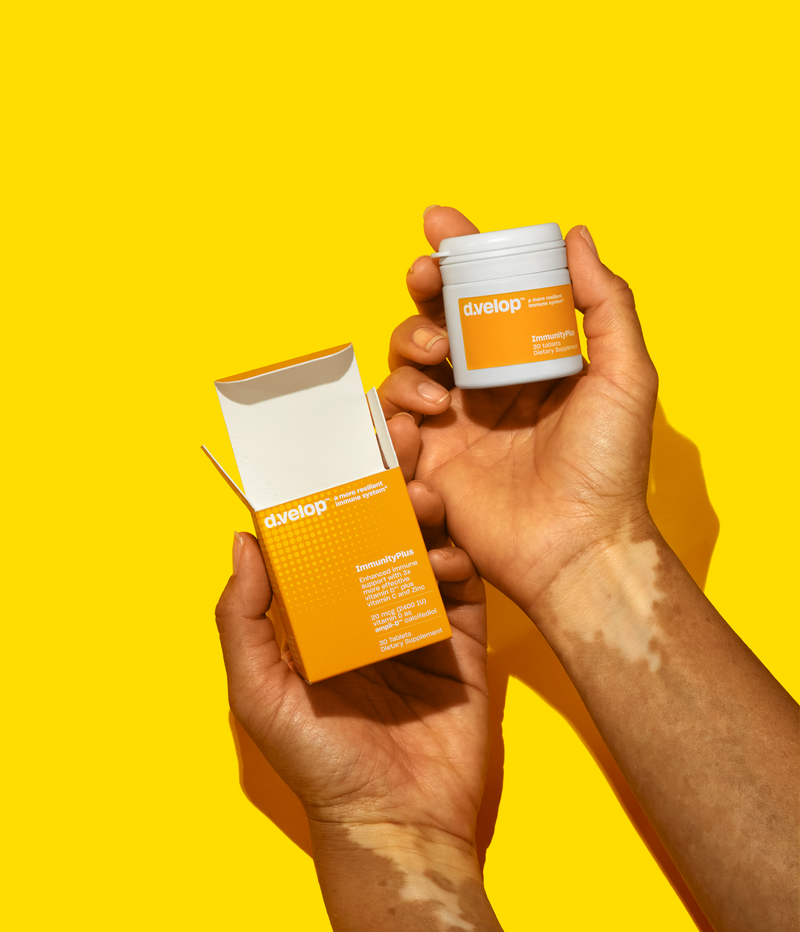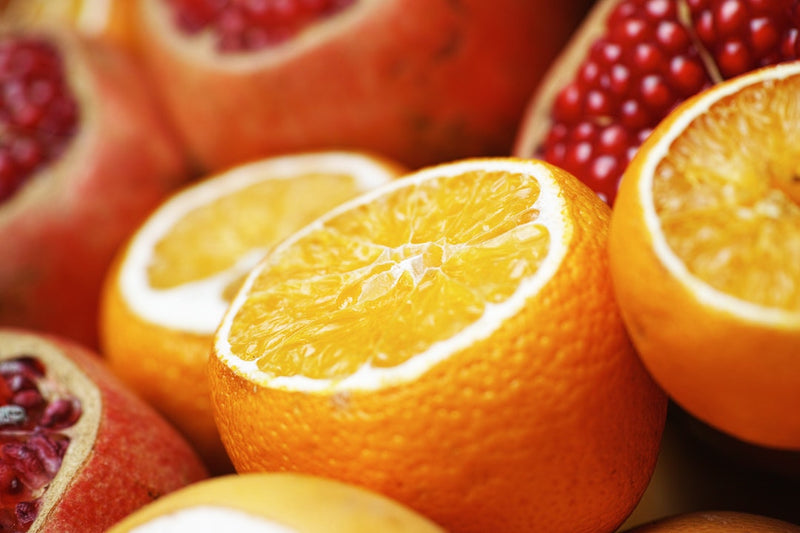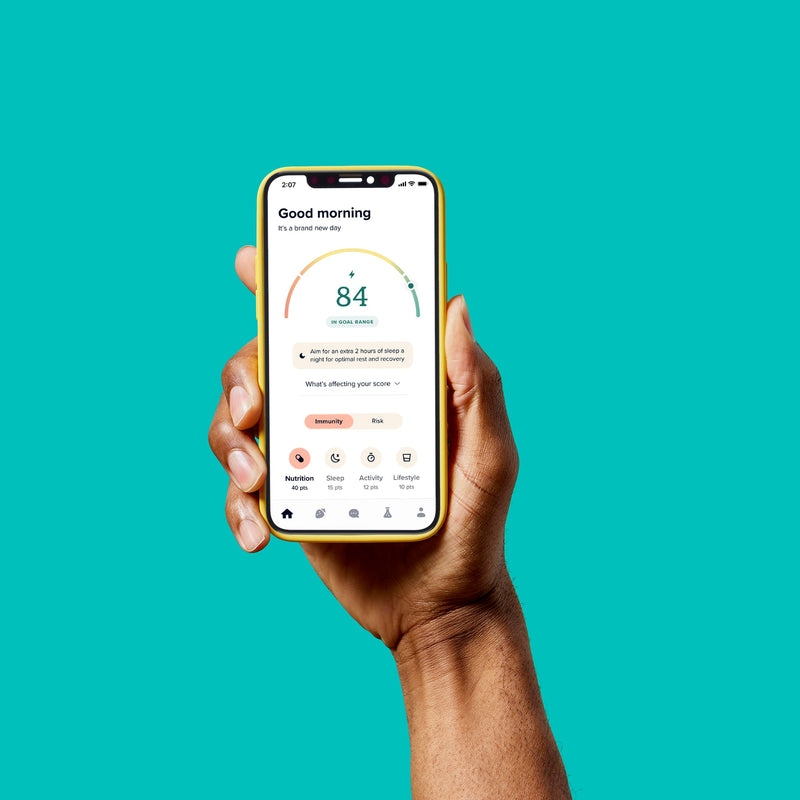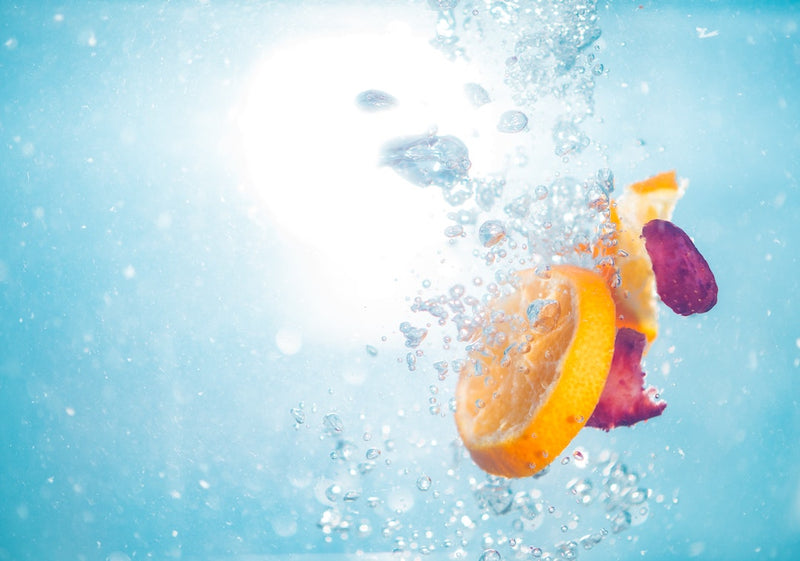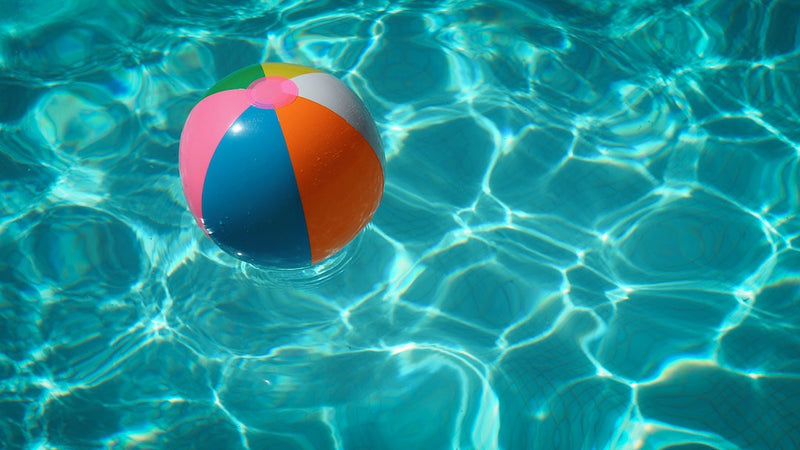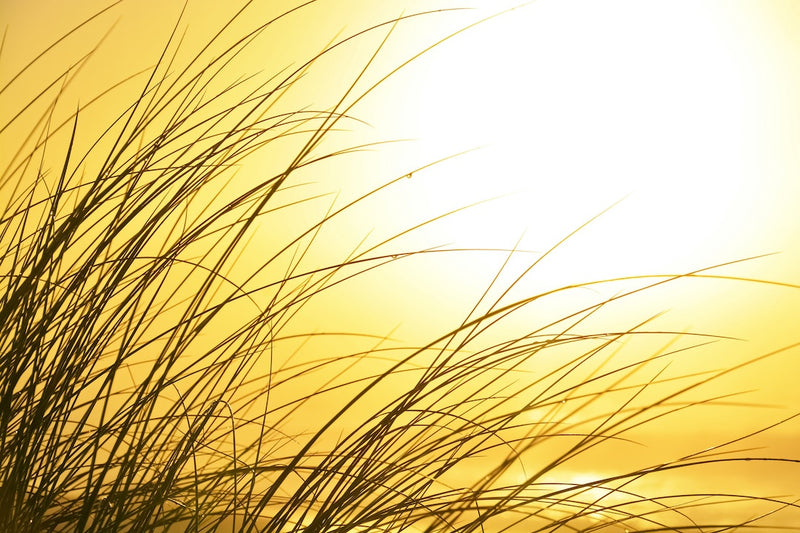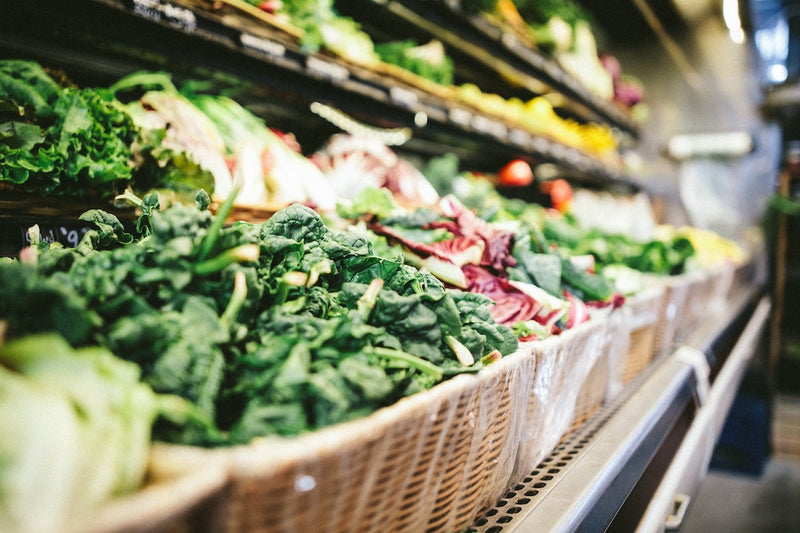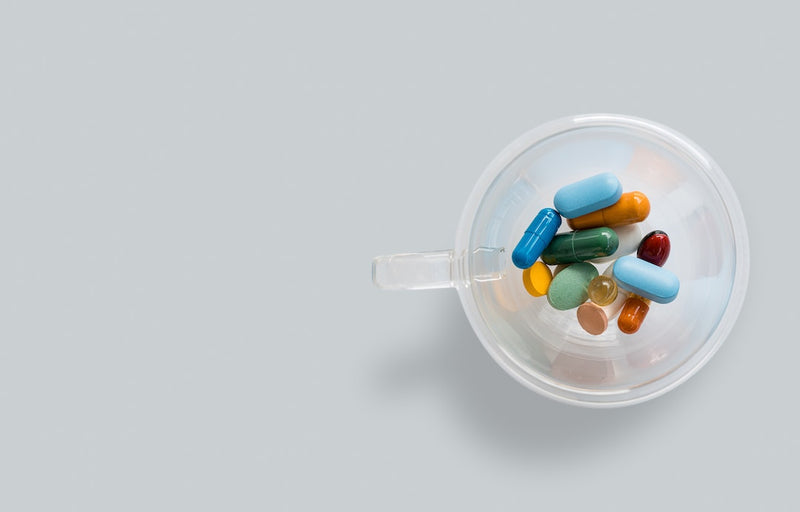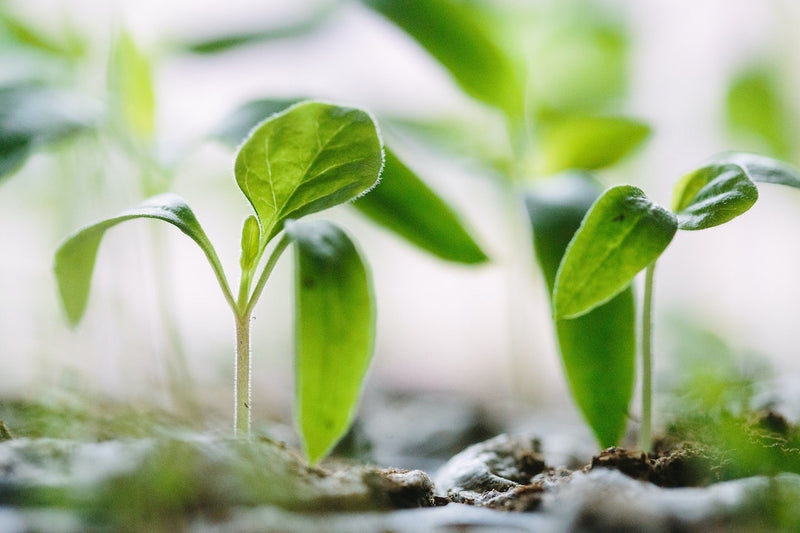What are the benefits of being well-hydrated?
Water is essential to good health. Among its many benefits, water helps to maintain your body temperature, lubricate joints, protect your spinal cord and other sensitive tissues, and to get rid of waste.
How much water should I be drinking?
You might be surprised there isn’t one best answer. An individual's water needs may be different based on climate, activity levels, age, gender, and some medical conditions. It is best to check with your doctor or dietitian about what is the best for your individual needs.
A general water guideline from the Institute of Medicine is 11 ½ cups (92 oz) a day for women 15 ½ cups (124 oz) a day for men. These amounts consider about 20% of our daily hydration needs coming from the foods we eat!
Drinking water isn’t the only way to stay hydrated!
Did you know you can eat water too?
Yes, many nutritious foods have a high-water content adding to your fluid intake!
90-100% water content fruits & veggies:
- Watermelon, strawberries and cantaloupe, lettuce, squash, cabbage, celery and spinach
70-89% water content fruits, veggies and more:
- Bananas, grapes, oranges, pears, pineapple, cooked broccoli, carrots and avocados; and dairy like cottage cheese and yogurt.
What are some ways to increase my fluid intake?
- Vary your fruit and vegetable intake and aim to fill half of your plate with fruits and veggies that you enjoy.
- Consider carrying a water bottle with you throughout the day to remind you to drink.
- Have water with each meal.
- Flavor your water. Add some variety to your water by adding different flavors such as lemon, cucumber, mint leaves, lime. If opting for purchased water flavorings (such as drops, syrups, or juices) look for “100% fruit juice”, “all-natural” flavorings, or “sugar-free” choices.
- Limit beverages high in “empty calories” like sodas and other sugar-sweetened beverages.
Author:
Alessa Harris, RDN, LDN
Resources:
Institute of Medicine. Dietary Reference Intakes for Water, Potassium, Sodium, Chloride, and Sulfate. The National Academies Press; 2005. doi:10.17226/10925
